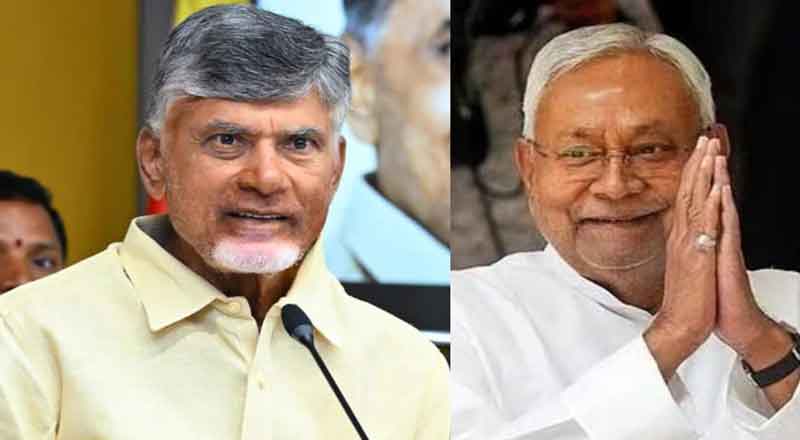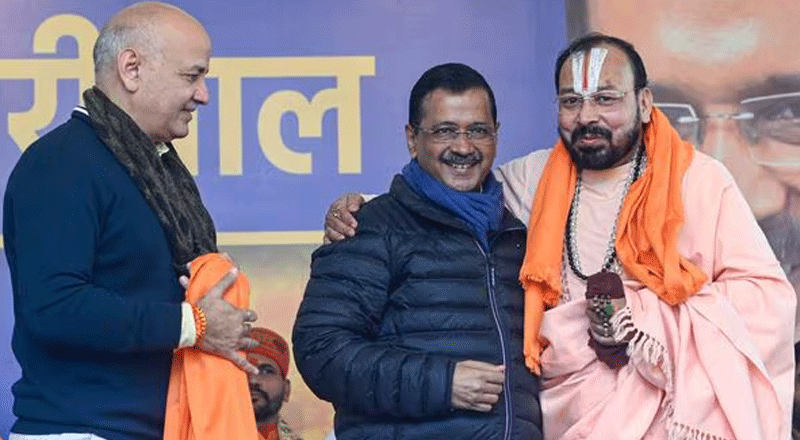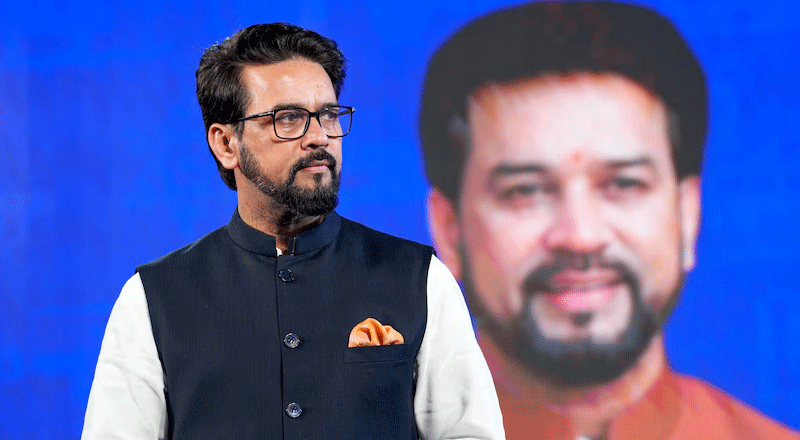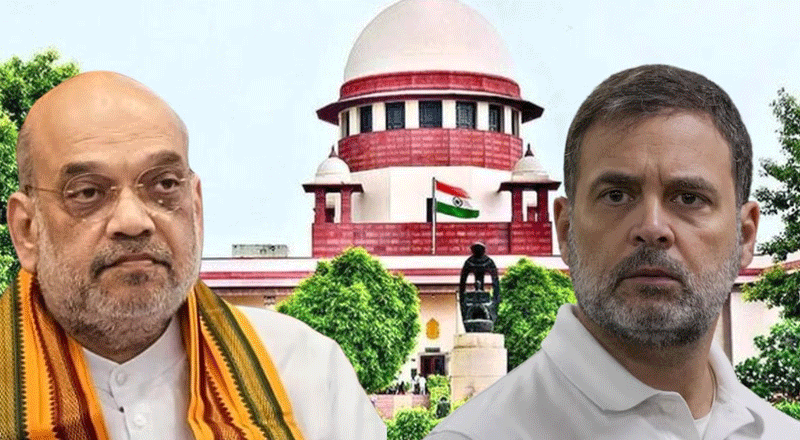- PM Modi is expected to present his claim to form a new coalition government today after a meeting with all the newly elected MPs of the National Democratic Alliance (NDA).
- With the BJP falling short of a commanding majority in the Lok Sabha, intense negotiations with alliance partners have taken center stage, highlighting the evolving dynamics of Indian politics.
- The TDP, securing 16 seats, is eyeing five cabinet posts, including the coveted parliamentary speaker position.
- The JDU, with its 12 seats, is vying for significant portfolios such as railways and rural development, underlining its strategic objectives in shaping the forthcoming administration.
- However, tensions simmer as the BJP exhibits a degree of reluctance in acceding to the demands of its allies, particularly in relinquishing control over pivotal ministries.
- Naidu underscores the imperative of securing Special Category Status for Andhra Pradesh, accentuating stability as a prerequisite for cooperation.
- Nitish Kumar asserts his demands for a Bihar special package and a greater allocation of cabinet berths, leveraging the impending Bihar elections as a bargaining chip.
In the wake of the recent elections, Prime Minister Narendra Modi is poised to navigate the intricate process of forming a new coalition government, propelled by discussions with the newly elected Members of Parliament (MPs) from the National Democratic Alliance (NDA). With the Bharatiya Janata Party (BJP) falling short of a commanding majority in the Lok Sabha, intense negotiations with alliance partners have taken center stage, highlighting the evolving dynamics of Indian politics.
Securing 240 seats in the 543-member Lok Sabha, the BJP finds itself in a position where the support of key allies holds paramount significance. Among these allies, N Chandrababu Naidu’s Telugu Desam Party (TDP) and Nitish Kumar’s Janata Dal (United) (JDU) emerge as crucial players, with their combined seat count pivotal for bolstering the BJP’s coalition.
The TDP, securing 16 seats, has articulated its aspirations for substantial ministerial positions within the prospective government. Sources reveal that the party is eyeing five cabinet posts, including the coveted parliamentary speaker position. Similarly, the JDU, with its 12 seats, is vying for significant portfolios such as railways and rural development, underlining its strategic objectives in shaping the forthcoming administration.
As seasoned practitioners of coalition politics, both Naidu and Kumar are actively engaged in deliberations with their respective party members, strategically positioning themselves ahead of the imminent NDA meeting scheduled for today. These discussions are integral to delineating the contours of power-sharing and ministerial allocations within the coalition.
However, tensions simmer as the BJP exhibits a degree of reluctance in acceding to the demands of its allies, particularly in relinquishing control over pivotal ministries. Ministries such as defence, finance, home affairs, and external affairs, falling under the ambit of the Cabinet Committee on Security, are deemed non-negotiable by BJP sources. Additionally, key portfolios instrumental to the BJP’s core agendas, including road transport and highways, are perceived as indispensable components of their governance strategy.
This resurgence of coalition dynamics evokes memories of pre-2014 political landscapes, characterized by intricate negotiations and strategic maneuvering among alliance partners. Notably, Nitish Kumar, a pivotal kingmaker in the current scenario, asserts his demands for a Bihar special package and a greater allocation of cabinet berths, leveraging the impending Bihar elections as a bargaining chip.
Similarly, Naidu underscores the imperative of securing Special Category Status for Andhra Pradesh, accentuating stability as a prerequisite for cooperation. These demands, framed within the context of regional development and economic growth, serve as foundational pillars in the negotiation process.
While the JD(U) underscores its commitment to providing unconditional support, framing its demands as essential for Bihar’s growth rather than contingent upon political allegiance, the stakes remain high. With Bihar gearing up for elections, the JD(U) wields considerable leverage in negotiations, amplifying the significance of their demands.
“We have demanded that the central government should provide a special package to Bihar for the creation of jobs and employment. The JD(U) will press for it,” asserts a former Rajya Sabha MP, emphasizing the non-negotiable nature of their demand.
As Prime Minister Modi presides over the pivotal NDA meeting today, assuming formal leadership, the ensuing discussions are poised to shape the contours of the Modi 3.0 administration. Subsequently, a meeting with President Droupadi Murmu is scheduled, where Modi will assert his claim to form a new government, marking a crucial milestone in India’s political landscape.
Amidst the intricate tapestry of coalition politics, the demands and negotiations between the BJP and its allies underscore the delicate balance of power, charting the course for governance in the Modi 3.0 era and beyond.
(With inputs from agencies)





